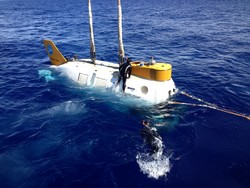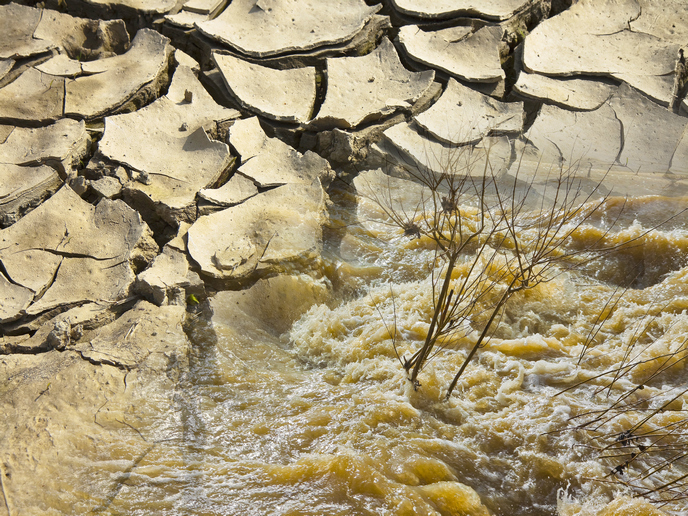Climate change effects in the deep sea
The biodiversity of deep-sea ecosystems, the largest and most diverse in the world, is under threat from climate change. It remains difficult, however, to weigh the actual impact that climate change has on deep-sea ecosystems. Deep-sea organisms feed primarily on organic matter that cascades from the upper reaches of the ocean, and they contribute greatly to the carbon, phosphorus and nitrogen cycles. So any climatic changes on the surface, and anthropogenic interventions may have a direct impact on deep-ocean ecosystems. The EU-funded project CEFMED (Climate effects on the deep-sea ecosystem functioning of the Mediterranean Sea) aimed to shed light on the link between climate change and deep-sea ecosystems. More specifically, the researchers wanted to be able to predict how climate will influence responses of deep-sea communities and related ecosystem services under different climate change scenarios. CEFMED conducted in situ experiments to investigate how food supply influences key organisms in the deep sea and how the presence of these organisms influences the rates and pathways of organic matter (OM) degradation. The researchers measured the physiological responses of key megafaunal organisms to a varying quality and quantity of food input in areas of high and low food availability. Although data analysis is still in progress, the results of CEFMED so far indicate that food quantity plays an important role in structuring benthic fauna standing stocks. They also demonstrated the capability of different responses to the addition of food, as well as an active food selection by most of the taxa studied. The group found that roundworms were the dominant invertebrates in the areas of high food availability (71 %), followed by the arthropods (13 %). Arthropods (38 %) dominate the area of low food, followed by roundworms (36 %). CEFMED also found that diatoms appear to be the most important food source for most components of the ecosystem. This research will ultimately help researchers understand deep-sea ocean life and our unintentional influence over it in more detail.







